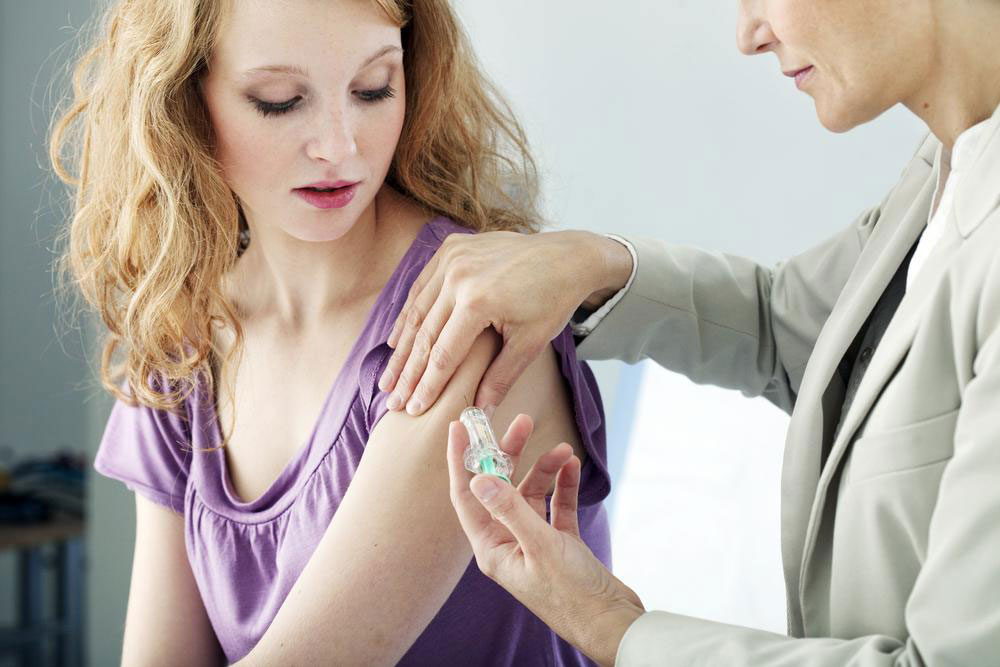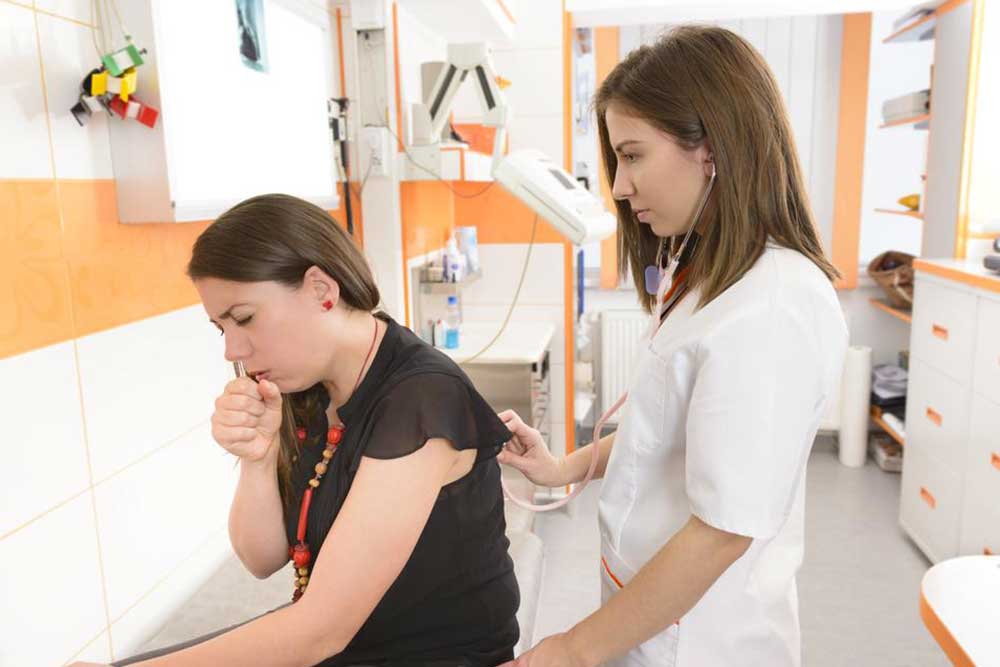Comprehensive Guide to Pneumococcal Vaccination: Protecting Your Health Effectively
This comprehensive guide covers everything about pneumococcal vaccination, including types of vaccines, who should get vaccinated, how they work, and safety considerations. Learn how vaccination can prevent serious infections like pneumonia and meningitis, especially in vulnerable populations. Staying informed helps you protect your health effectively through proven immunization strategies.

An In-Depth Overview of Pneumococcal Vaccination and How It Safeguards Your Health
Pneumococcal infections remain a significant public health concern worldwide, especially among vulnerable populations. These infections, caused by the bacteria Streptococcus pneumoniae, can lead to severe illnesses such as pneumonia, meningitis, bacteremia, and middle ear infections. Despite advancements in medicine, pneumococcal disease continues to claim thousands of lives annually, particularly among older adults and immunocompromised individuals. Fortunately, vaccination offers a proven, effective strategy to prevent many of these dangerous diseases. This comprehensive guide explores the types of pneumococcal vaccines available, who should consider vaccination, how these vaccines function, potential side effects, and other essential information to help you make informed health decisions.
Understanding Pneumococcal Disease and Its Impact
Pneumococcal disease stems from infection with bacteria known as Streptococcus pneumoniae. This bacterium is responsible for a wide range of illnesses, from mild ear infections to life-threatening conditions such as pneumonia and meningitis. Globally, pneumococcal disease is one of the leading causes of vaccine-preventable morbidity and mortality, especially in older adults, young children, and immunocompromised individuals. In the United States alone, thousands of deaths are attributed annually to pneumonia caused by this bacterium, with older adults (65+) being particularly vulnerable due to weakening immune defenses associated with aging.
The Importance of Vaccination in Preventing Pneumococcal Disease
Vaccination remains the most effective preventive measure against pneumococcal infections. By stimulating the immune system to recognize and fight Streptococcus pneumoniae bacteria, vaccines dramatically reduce the incidence and severity of these infections. Community-wide vaccination efforts have been instrumental in decreasing hospitalizations, complications, and deaths related to pneumococcal disease. In addition to personal protection, widespread vaccination helps establish herd immunity, thereby protecting those who cannot be vaccinated due to health reasons.
Types of Pneumococcal Vaccines and Their Differences
Currently, there are two main types of pneumococcal vaccines approved for use in adults: 13-valent pneumococcal conjugate vaccine (PCV13) and 23-valent pneumococcal polysaccharide vaccine (PPSV23). Each has specific functions and coverage, designed to target different strains of bacteria responsible for pneumococcal disease.
PCV13 (Prevnar 13)
PCV13 is a conjugate vaccine that protects against 13 specific strains of Streptococcus pneumoniae. It is primarily used in children but also recommended for adults at increased risk of pneumococcal disease. The vaccine works by linking bacterial polysaccharides to a protein carrier, which enhances the immune response, especially in populations with weaker immune systems. PCV13 is typically administered as a single dose, with booster doses in certain populations as advised by healthcare providers.
PPSV23 (Pneumovax 23)
PPSV23 covers a broader spectrum, targeting 23 different bacterial strains. It is especially recommended for adults aged 65 and older, or those with specific health conditions that elevate their risk. PPSV23 is a polysaccharide vaccine that stimulates the immune system directly but tends to produce a less robust response compared to conjugate vaccines. It is usually given as a single dose, with booster shots recommended at intervals depending on age and health status.
Who Should Consider Getting Vaccinated?
While pneumococcal vaccination benefits a broad population, certain groups are identified as high priority for vaccination due to their increased risk of severe disease.
Adults aged 65 years and older: The immune system becomes less effective with age, making vaccinated older adults less susceptible to severe pneumococcal disease.
Individuals with chronic health conditions: Conditions such as diabetes, chronic heart, lung, or liver diseases compromise immune defenses, warranting vaccination.
Immunocompromised individuals: Patients undergoing cancer treatments, organ transplant recipients, those with HIV/AIDS, or receiving immunosuppressive therapies should get vaccinated.
People with specific lifestyle factors: Smokers, heavy alcohol consumers, and those recovering from major surgeries or illnesses are at a higher risk of infection.
Residing in long-term care facilities: Congregate living settings facilitate disease spread, making vaccination crucial in such environments.
Generally, healthy adults aged 18-65 without underlying health conditions are not routinely recommended for pneumococcal vaccination unless they belong to specific risk groups. Always consult your healthcare provider for personalized assessment and advice.
How the Vaccines Function to Protect You
The core purpose of pneumococcal vaccines is to prime the immune system to recognize and combat the Streptococcus pneumoniae bacteria effectively. Each vaccine—PCV13 and PPSV23—targets different bacterial strains, and their mechanisms of eliciting immune responses are tailored accordingly.
Mechanism of Action of PCV13
PCV13 employs conjugate technology, attaching bacterial polysaccharides to a protein carrier. This conjugation enhances the immune system's ability to produce a strong and lasting immune response, especially in populations with immature or weakened immune systems. Once vaccinated, your body creates memory cells that recognize the specific bacterial structures, enabling rapid response upon actual exposure. This vaccine is particularly effective in preventing invasive diseases like bacteremia and meningitis caused by the 13 targeted strains.
Mechanism of Action of PPSV23
PPSV23 contains purified polysaccharides from 23 strains of bacteria, stimulating B-cell immune responses directly. While the response may not be as robust as conjugate vaccines in certain populations, PPSV23 covers a broader range of bacterial strains. It effectively boosts immunity in older adults and individuals with specific health conditions, providing a wider shield against pneumococcal disease.
Understanding Possible Side Effects and Safety
Vaccines are rigorously tested for safety before approval, and the benefits significantly outweigh risks for most individuals. Side effects from pneumococcal vaccines are usually mild and temporary.
Common side effects include: soreness or redness at the injection site, mild fever, fatigue, headache, muscle soreness, or minor swelling.
Less common side effects: Irritability, loss of appetite, or mild allergic reactions.
Serious adverse reactions: Rarely, some individuals may experience severe allergic reactions, which require immediate medical attention.
People with allergies to vaccine components should avoid vaccination and discuss alternative options with healthcare providers. Overall, pneumococcal vaccines are considered safe and effective in reducing the risk of serious bacterial infections.
Additional Information and Recommendations
To maximize protection, some adults may require both vaccines—typically, PCV13 initially, followed by PPSV23 after approximately one year. Repeat doses or boosters might be necessary for certain populations, especially older adults or those with ongoing risk factors. Routine vaccination is usually well-tolerated, and it is essential to keep vaccination records up to date.
Vaccination decisions should always be made in consultation with healthcare professionals who can offer tailored advice based on individual health status, age, and risk factors. Alongside vaccination, maintaining good hygiene, managing chronic health conditions, and avoiding smoking and excessive alcohol consumption are vital in reducing overall pneumococcal disease risk.
Summary
Pneumococcal disease remains a significant health threat, particularly among vulnerable populations. Vaccination with PCV13 and PPSV23 provides a safe, effective, and proven method of prevention. Understanding who should get vaccinated, how these vaccines work, and being aware of potential side effects can help you make informed health choices. Regular consultation with healthcare providers ensures you're protected, especially if you belong to an at-risk group. Protect yourself and your loved ones by staying informed and up-to-date on pneumococcal vaccination guidelines.





